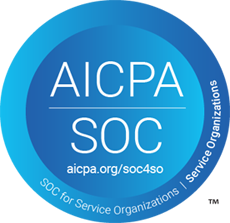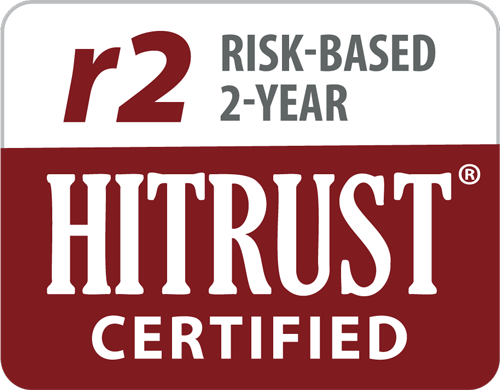On Monday, Kno2 submitted our comment letter to the Office of the National Coordinator for Health IT (ONC) and the Centers for Medicare & Medicaid Services (CMS) in response to their Proposed Rules issued this past February, 2019.
Below is a summary of our response, or you can read Kno2’s full comment letter.
- Patient Summary Record: Kno2 recommends requiring support for the Unstructured Document Template within C-CDA. We believe this template is critical to short term success in eliminating fax from healthcare – a challenge that has been commented on by both CMS and ONC, urging health IT vendors to eliminate fax.
- Electronic Health Information Export: Kno2 proposes that the EHI export require structure for any USCDI data elements/classes, and allow for the use of the C-CDA Unstructured Document Template for additional information that does not today have an industry-defined data structure, but could at least be presented in a human readable format as an Unstructured Document.
- Kno2 supports the requirement for real world testing of interoperability functionality.
- Information Blocking focuses on responding with data when requested, but the inability to receive information interoperably is not currently considered information blocking. We ask for clarification whether an actor that prevents others from sharing information with them (such as not sharing a Direct address or not accepting certain documents sent via Direct) would be an information blocker.
- 171.203 Promoting Security of EHI: We agree that security is critical in the interoperable exchange of EHI, but we are concerned this exception may require individual vetting of all possible connections. Recommend tying this exception to TEFCA-based exchange and the Common Agreement, allowing organizations to trust the security of TEFCA-based exchange without having to vet all other possible non-TEFCA-compliant connections.
- 171.207 Maintaining and Improving Health IT Performance: Kno2 recommends a modification to the exception to provide the same allowance to respond to a re-request post-outage without being an information blocker because of either a planned OR unplanned outage.
- RFI – Information Blocking Exception for Compliance with TEFCA: A major concern with the proposed access for patients is the burden placed on providers, payors, and others to individually vet every possible consumer app that their patients may choose to connect with. We believe consumer apps need to be included in TEFCA.
- RFI – New Exceptions: We propose the creating of two additional information blocking exceptions.
-
- Extended timeline for post-acute care (PAC) and other non-incentivized providers. While interoperability rules and information blocking may apply to these providers, we believe that post-acute care (PAC) and other non-incentivized providers should be given an extended timeline in order to “catch up” with those who have the head start of previous federal incentives.
- USCDI exception for exchanged information. While the technical flow of exchange of information is handled fairly consistently across proposed rules, the actual data being exchanged is not. We recommend that an exception be added to information blocking such that an actor returning all available USCDI data is not information blocking if the requestor wants (but does not receive) additional EHI not presently included in USCDI.
-
- Information Blocking Complaint Process: There are more questions than answers on this topic, especially with the identification of the actual information blocker and how the investigation would commence.
- Trusted Exchange Framework and Common Agreement – ONC RFI re: Health IT Developer Requirement to Participate: The current proposed structure of the TEFCA may not make sense to include as a requirement on health IT developers. A possible alternative solution would be to require health IT developers to show the capability of performing TEFCA-based exchange standards.
- One of the biggest challenges to interoperable exchange today is patient matching. If we are to achieve nationwide interoperability, a standard needs to be created for patient matching. If we don’t, the challenges we see today will only be magnified as TEFCA and patient access both drive continued growth of interoperable exchange.
- Kno2 is concerned with the proposed requirement for how Hospitals & Critical Access Hospitals must implement those ADT Notifications. Traditional HL7 ADT interfaces are not scalable and can be very costly to implement. We encourage CMS and ONC to look towards organizations such as Carequality and CommonWell Health Alliance, who have already been working on solutions for events and notifications.
- Requirement Timelines for interoperable exchange cannot be achieved if the underlying infrastructure is not yet in place. Recommend that CMS and ONC base timelines on TEFCA implementation milestones, rather than seemingly arbitrary dates (e.g., January 1, 2020).
For any questions regarding the proposed rulings or Kno2’s response, please contact us.




